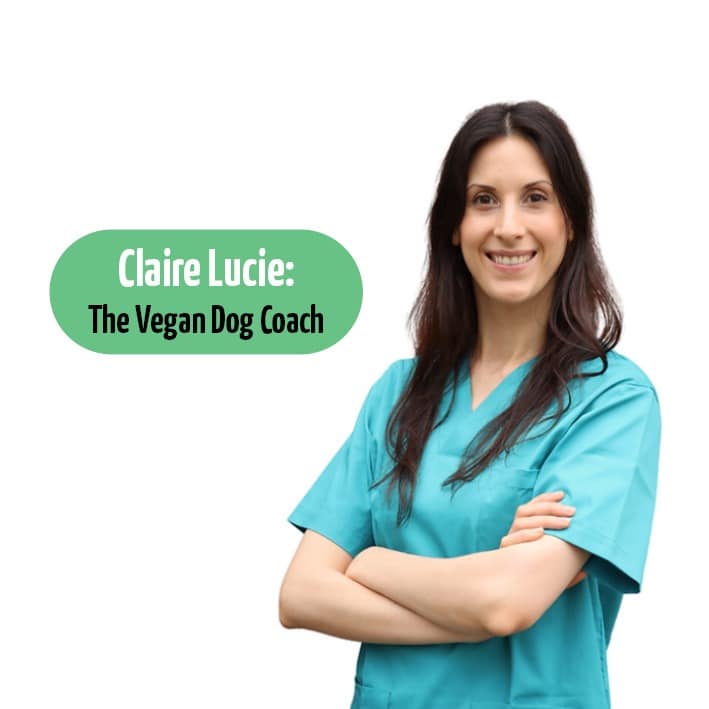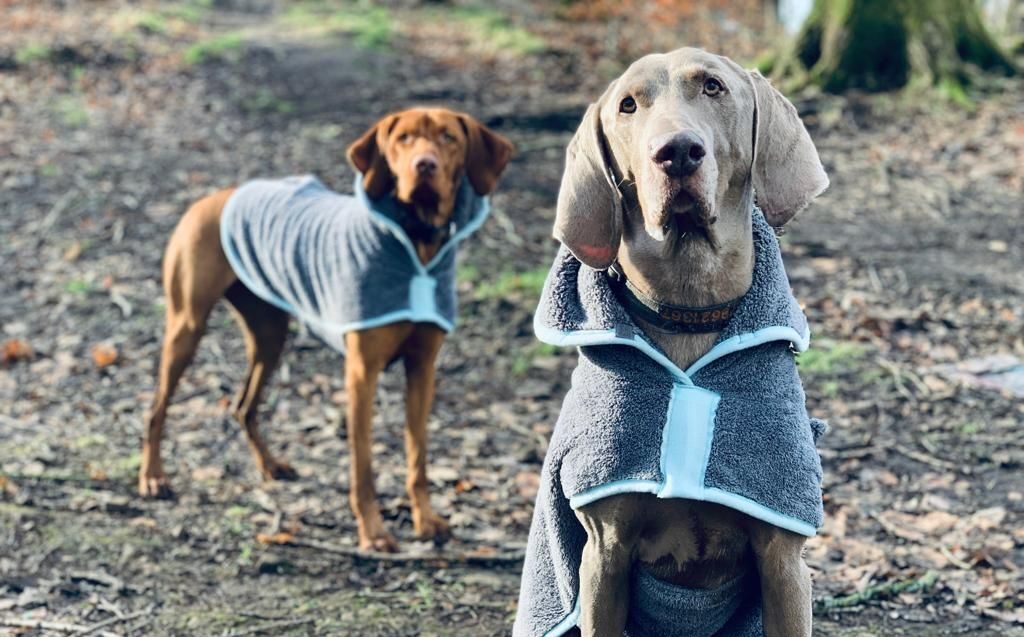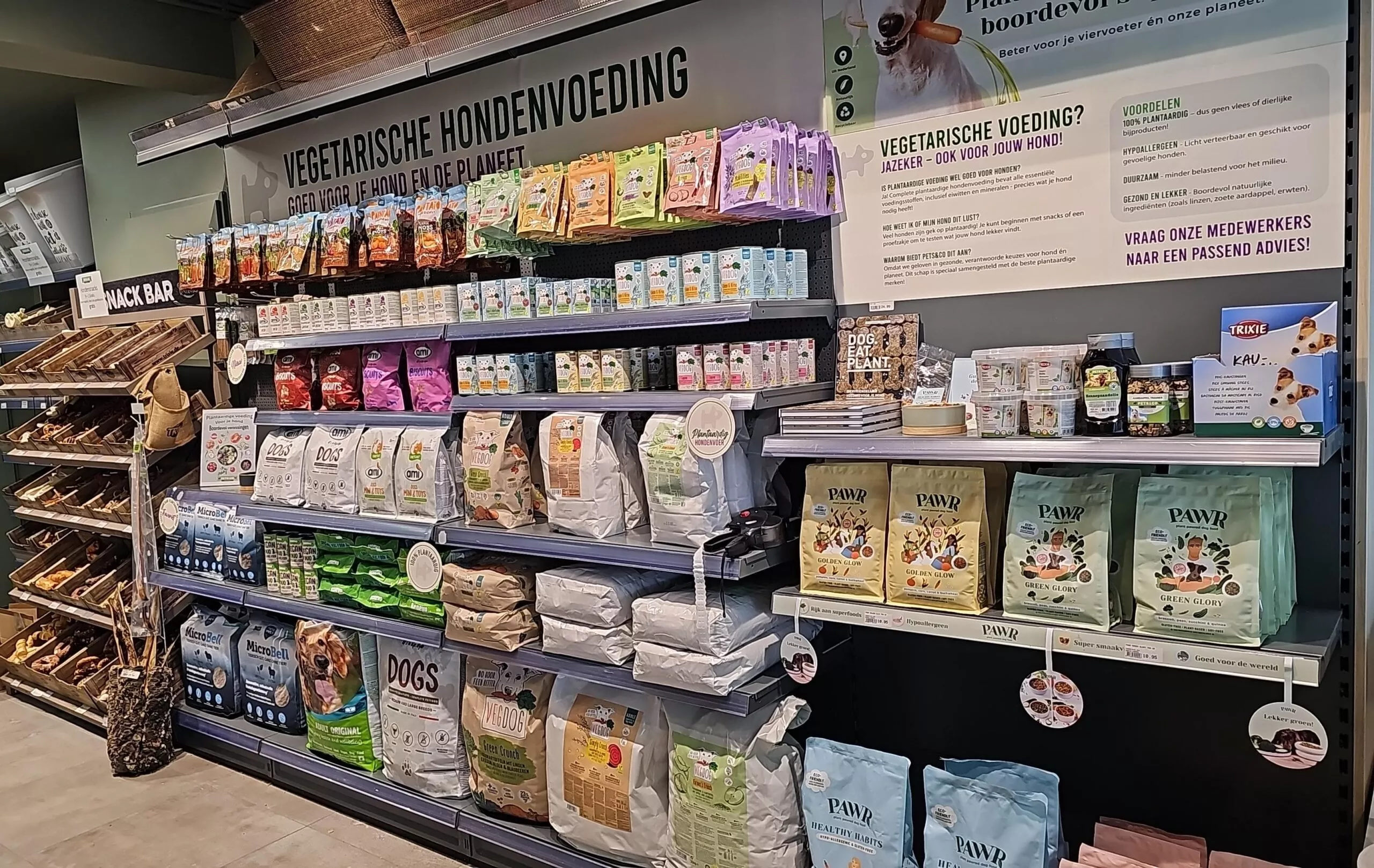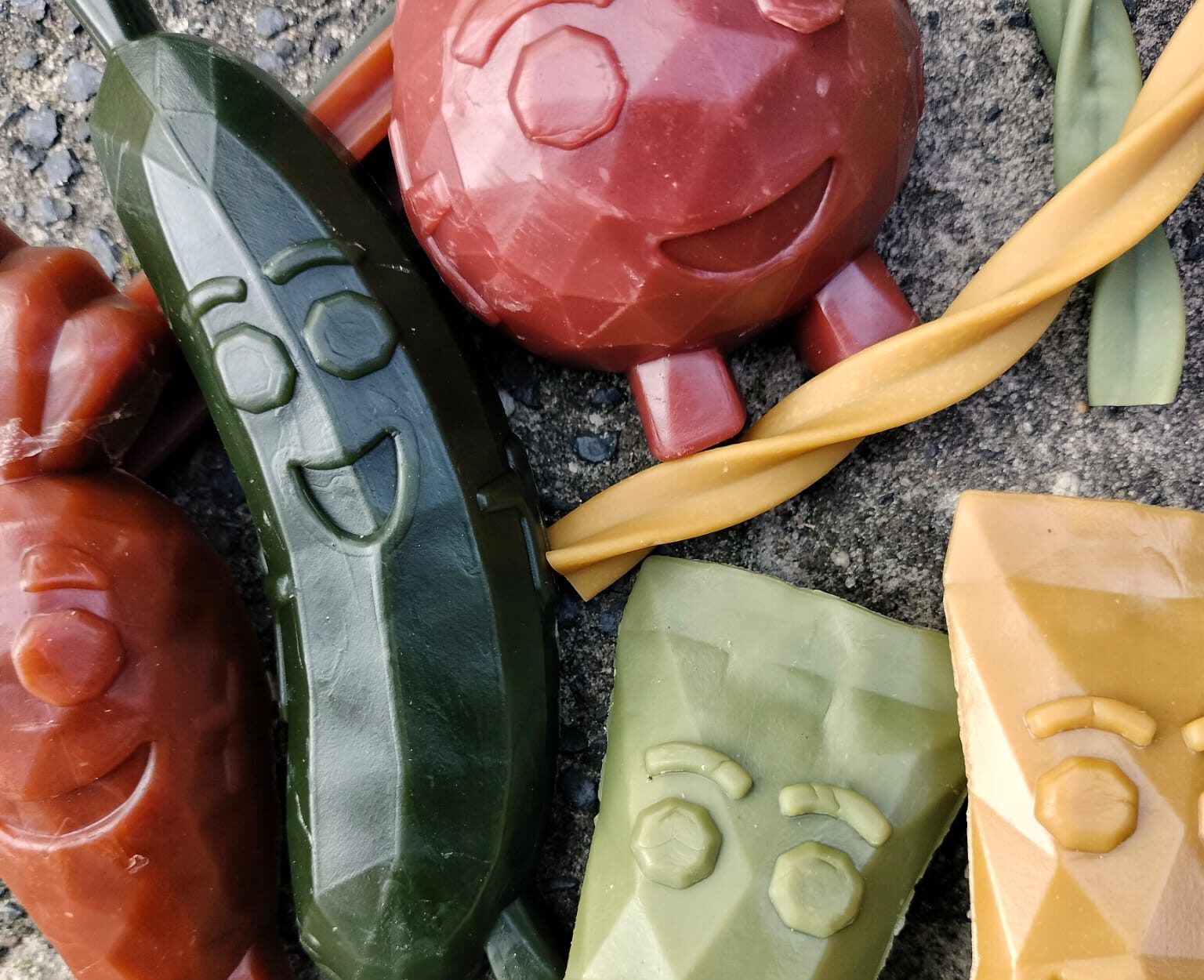Home / Is A Plant Based Diet Safe For Cats

Is a plant-based diet safe for cats?
07/10/2024
8 minutes
Author: Claire Lucie
As a vegan cat parent, you may be wondering if your beloved cat may benefit from a plant-based diet. Also, is it safe for them? And could it have positive health effects on your feline companion?
This article provides you with science-backed information, that will answer any of your questions regarding your cat’s plant-based diet!
Can cats actually be vegan?
The short answer is yes, your cat can enjoy a plant-based diet alongside you!
Cats are categorised as obligate carnivores, which has been the case throughout their domesticated evolution with humans.
What does “obligate carnivore” mean?
An obligate carnivore is an animal whose diet consists of 70% meat. This indicates that 30% of an obligate carnivore’s diet must consist of foods other than meat or animal proteins.
Initially, cats required meat to receive certain nutrients that were crucial to their health, such as taurine, L-carnitine, and arachidonic acid.
However, meat is no longer necessary or required in a cat’s diet, as cats can acquire all of the nutrients they used to get from meat from synthetic substances, as we’ll see below.
(Hint: the nutrition in all cat food available globally is vegan, as you’ll find below!).
Do cats need to eat meat?
Traditionally, if no synthetic nutrients or commercial cat food were supplied, a cat’s diet would consist of 70% meat and 30% grains, fruits, legumes, and vegetables.
By comparison, dogs, which are omnivorous scavengers, have been shown to not require any meat or animal protein in their diet, either physiologically or nutritionally.
However, an average dog’s diet contains between 60% and 75% meat and animal proteins, despite the fact that no level 1, 2, 3, or 4 research have found any advantages to feeding meat to dogs.
That’s an obligate carnivore diet that is not suited to dogs, and it’s one of the primary causes of the epidemic levels of illnesses we’ve seen in dogs in recent decades, when they’ve begun to be fed an excessive amount of meat.
In the case of cats given a plant-based diet, it is essential to include vegetables, fruits, and wholegrains in addition to plant proteins to ensure a good nutrient intake, a balanced diet, and a diversified and healthy gut microbiota.
It’s also worth noting that domesticated cats can digest carbohydrates and grains, benefiting greatly from the nutritious fibres and nutrients they provide.
Vegan cats or plant-based cats?
Being vegan is a conscious choice that our dogs and cats cannot make on their own.
I tend to refer to feline diets that are free of animal products as plant-based, and cats are fed plant-based diets rather than cats being vegan.
Being plant-based simply means that dogs and cats are offered a diet that includes essential nutrients and proteins derived from plants as well as vegan synthetic ingredients.
What does science says about plant-based diet for cats?
Research shows that there have been no recorded negative side effects or detrimental health effects in cats fed a plant-based diet!
Prof. Andrew Knight of the University of Winchester, who led the research, explains that;
“Biologically, what cats need is not meat, but a specific set of nutrients. There’s no scientific reason why you can’t supply all the necessary nutrients through plant additives.”Several studies have been conducted on the safety and health advantages of a plant-based diet for cats.
Several more studies have been conducted on the safety and health advantages of a plant-based diet for cats. And the findings of those studies are both surprising and interesting, since they call into question a widely held idea that cats, as obligate carnivores, consume only meat. Those studies found that cats fed a plant-based diet have:
- 7% reduction in veterinary visits (consistent with illness).
- 15% less medication use.
- A 55% reduction in progression onto a therapeutic diet.
- A 4% reduction in cats reportedly being assessed as unwell by veterinarians.
- An 8% reduction in veterinary assessments of more severe illness.
- A 23% reduction in guardian opinions of more severe illness. The number of health disorders per unwell cat decreased by 16%.
” As of yet, no published studies of this nature have looked at the benefits of high fish-based diets (because cats are land mammals and fish is high on the list of ingredients they are intolerant of), raw food diets, or even insect-based diets and their benefits to cats, so this is a significant step forward for sustainability and pet health.” – the vegan dog coach
How can a plant-based diet meet your cat’s nutritional needs?
As previously stated, all vitamins, minerals, fatty acids, and amino acids may be derived from plant sources as well as synthetic nutritional supplements.
Commercial plant-based cat food alternatives, whether kibble or canned, are expanding at a rapid pace, and cat parents in most countries may choose from at least one brand.
However, commercial diets are not the only option; a cat can benefit from a nutrient-complete, healthy, safe, and balanced diet cooked at home from fresh ingredients, with the help of a recipe developed by certified nutritionists and the support of a vegan feeding supplement for cats, such as Vegecat.
It is especially important to note that homemade plant-based diets for cats are completely safe and healthy as long as they are properly formulated.
Why is your cat’s nutrition already vegan?
A shocking, yet common fact about commercial cat food that is not talked about enough, is that the nutrition in every single commercial cat food sold worldwide is already vegan, both in kibble and canned foods.
How is this possible?
Commercial cat foods are made through a process known as food extrusion. The raw, dry, and wet ingredients are mixed together and heated at a high temperature, usually 250 °C, for a prolonged period of time.
After the heating process, the mixture is now a brown paste, with little to no nutrients remaining in it. Synthetic vitamins, fatty-acids, minerals, and amino acids are then added to the mix to make up for this massive nutrient loss, and to comply with authorities and regulations.
What are synthetic nutrients?
Synthetic nutrients are substances made in laboratories, using chemicals and petroleum derivatives with the purpose of copying the structure of naturally occurring vitamins, fatty-acids, minerals, and amino acids.
Those synthetic nutrients are vegan by definition, including the synthetic forms of taurine and L-carnitine.
Synthetic nutrients aren’t plant-based as they aren’t made of plant material, but are created in laboratories using petroleum derivatives and chemicals. Those substance are vegan, as per the designation to be free of any animal substances.
Every single nutrient a cat might obtain from meat is available in synthetic form.
Saying that a cat cannot be plant-based because they require meat and flesh from animals to obtain vital nutrients is equivalent to saying that all dogs in the world that are given a commercial diet and receive their nutrition from synthetic, vegan nutrients should be dead due to nutritional insufficiency. It doesn’t make any sense, right!
As very wisely said by Prof. Kelly Swanson, from the University of Illinois;
” Dogs and cats don’t require specific ingredients; meat, for example, but they require specific nutrients in defined amounts.”.
Which plant-based diets are best for your cat?
When deciding to feed your cat a plant-based diet, you’ll be presented with several options;
Kibble and canned food
The first and most apparent choices are kibble or canned food. There are a number commercial plant-based cat food alternatives that are nutrient-complete and can safeguard your cat’s health while also providing a tasty meal.
With this diet, I advocate including fresh foods into your cat’s diet as frequently as possible in order to preserve and maintain a healthy gut microbiota, which is the foundation of feline health.
For example, a piece of avocado for a snack, or one large scoop of lentils mixed with their kibble.
Homemade
Second, a homemade diet is a highly nutritious option that provides several health benefits.
This diet can be achieved by using recipes created by certified nutritionists that use fresh, whole foods like beans, whole grains, fruits, and vegetables.
In order to supply your cat with the few nutrients that plants cannot provide, such as taurine, you will need to utilise a nutritional supplement like Vegecat. Read more about taurine in my previous blog!
With this sort of diet, we generally notice that the cats have a wide range of tastes, from cucumber to avocado, lentils, and blueberries, when we allow them to explore new flavours, which is extremely beneficial for their health.

Claire Lucie Sonck
The science of plant-based nutrition for dogs
Certified, CMA-registered canine nutritionist;
Founder The Vegan Dog Coach;
Instagram : @thevegandogcoach
Contact : [email protected]
About the author
Claire Lucie is a UK-certified canine nutrition coach, founder of The Vegan Dog Coach, and a member of the prestigious Complementary Medical Association. Her mission is to improve the health and longevity of 100 million dogs worldwide by promoting a plant-based diet, based on the latest insights in nutrition and canine health. Over the past two years, she has dedicated her life to studying more than 250 scientific studies on the impact of nutrition on the health and longevity of dogs!
Visit www.thevegandogcoach.com for free resources, consultation, and professional guidance in plant-based canine nutrition, inspiring testimony from plant-based dogs and vets, free recipes, and all the science behind your dog’s plant-based diet and nutrition.
Disclaimer
This material is intended for educational purposes only. No information in this present article, regardless of date, should ever be used as a substitute for direct veterinary advice from your veterinarian or other qualified canine health professional.
The vegan dog coach, Claire Lucie Sonck, VegaVriend, and their respective employees or collaborators cannot be held liable for any losses, injuries, or damages resulting from the use of any information contained in the present article.









